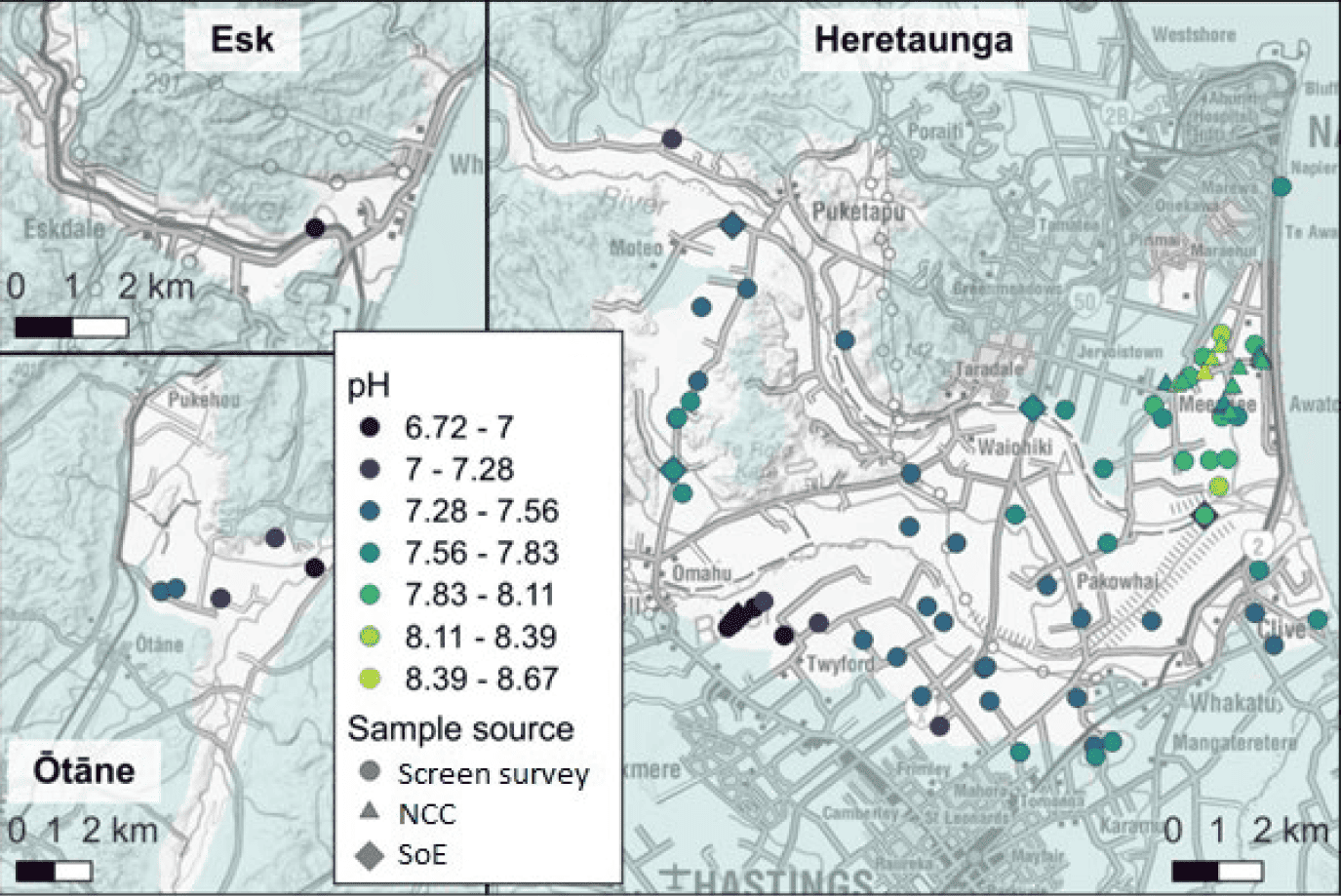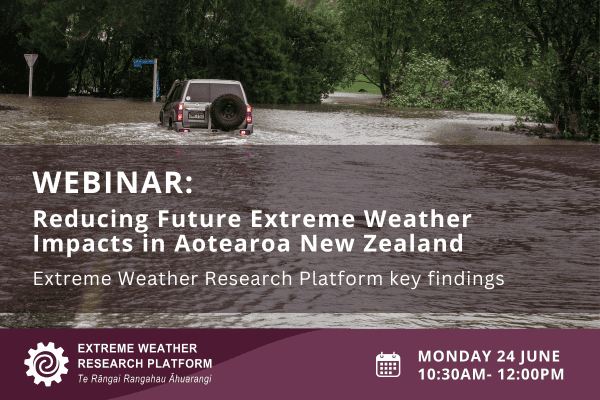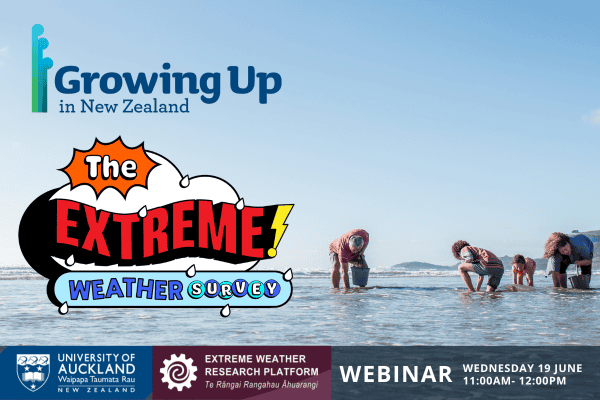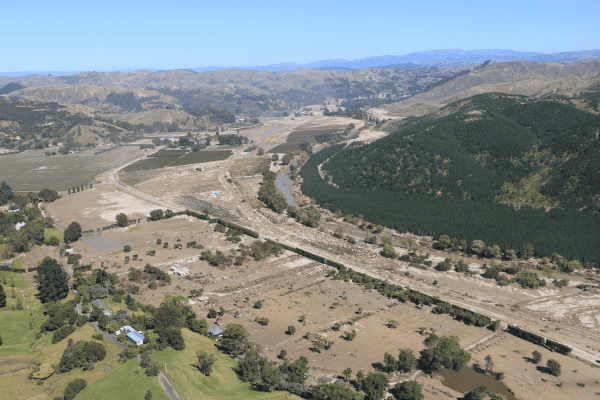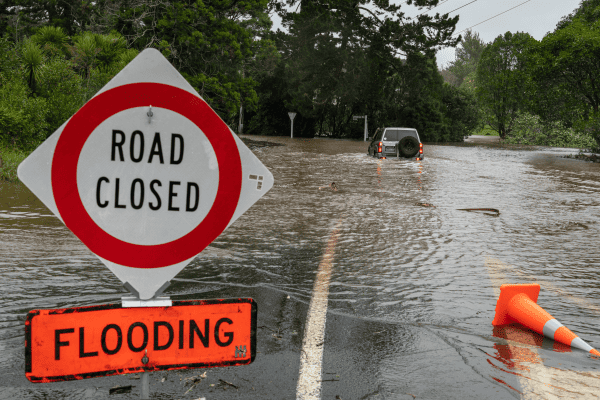Cyclone Gabrielle caused severe flooding and damage across parts of the North Island. In the months following the event, Hawke’s Bay Regional Council (HBRC) initiated a project to identify potential contamination of groundwater in three areas of concern that were subject to significant floodwater inundation: the central north-western part of the Heretaunga Plain, Esk Valley and Ōtāne.
A methodology was developed to account for operational constraints, including budget, and the high likelihood of non-detection of contaminants. The methodology used an initial rapid, low-cost sampling for screening a large number of wells for indicators of potential contamination. Wells with anomalous measurements were subsequently sampled for a more comprehensive suite of contaminants.
Between 28 April and 11 May 2023, 105 wells were visited. Field measurements (temperature, conductivity, pH, and turbidity) and samples for E. coli testing could only be collected at 62 of these sites, with the remaining wells deemed unsuitable due to various reasons (e.g. lack of sampling access), including two wells that were buried under sediment in the Esk Valley.
The screening survey results showed anomalies in several geographic areas. Anomalies included E. coli detection, elevated groundwater temperature, lower conductivity and/or more acid waters compared with wells in other areas. More comprehensive survey of anomalous wells was conducted by HBRC between 6 and 12 June 2023 and included 12 wells; 1 in Ōtāne and 11 in the Heretaunga Plains. No pesticide or volatile compounds were detected, and comparison of the detailed water chemistry with existing records (State of the Environment data collected within a few days preceding the cyclone) did not indicate any significant changes in chemistry in any of the wells.
The results showed that groundwater contamination was not widespread and did not warrant further investigation or remediation.
The methodology developed and applied in this project, to respond to flood events and identify contamination of groundwater drinking-water supplies, provided valuable insight for similar surveys in the future.
View the full project report here.
